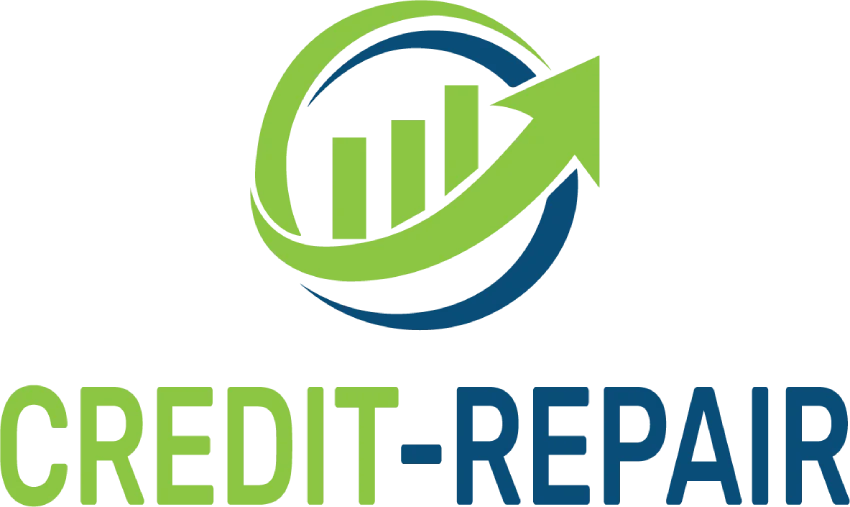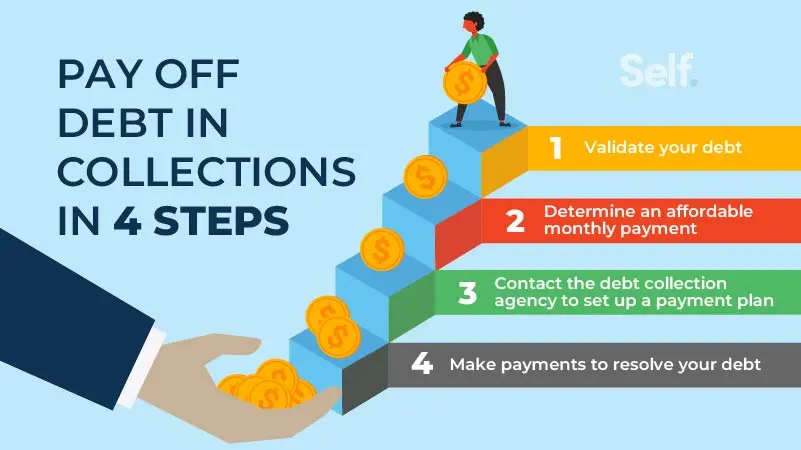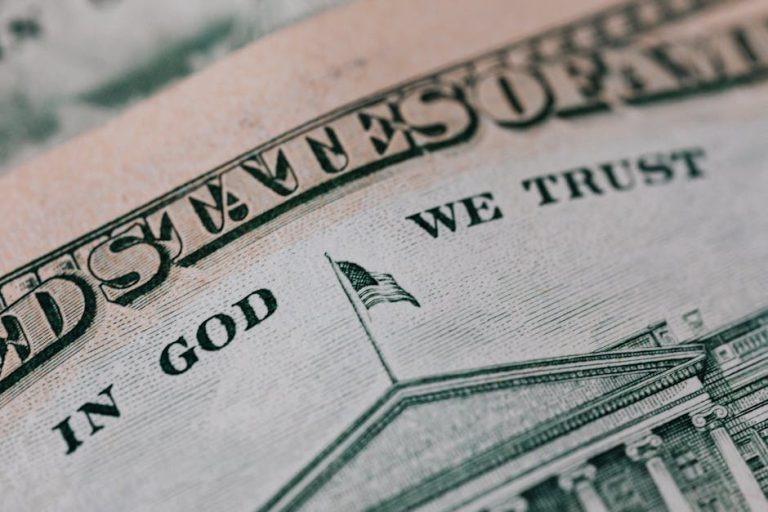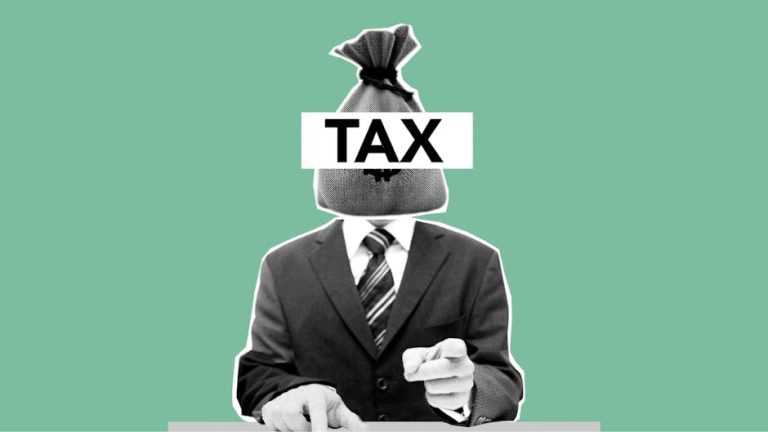Navigating Collections: Understanding and Managing Debts
Part 1: Unveiling Collections Accounts
1.1 What Are Collections Accounts?
Collections accounts arise when a debt becomes significantly overdue, leading to either its sale to a collection agency or assignment for collection. This section sheds light on the sources and nature of these accounts, such as credit card bills, medical expenses, or utility payments.
1.2 The Lifecycle of a Debt
Opening an Account
- Origination: The debt lifecycle initiates with opening an account, reported to credit bureaus.
- Good Standing: Initially, the account remains in good standing with regular, on-time payments.
First Missed Payment
- Initial Concern: If a payment is missed, the account is reported as 30 days late, impacting the credit score.
Non-Payment Continuation
- Escalating Problem: Continued missed payments (60, 90, and 120 days late) worsen the credit score.
- Charge Off: After 180 days, severe delinquency leads to a charge-off, decreasing the credit score significantly.
Collections
- Debt Recovery Efforts: The creditor may sell the debt to a collections agency, harming the credit score.
- Impact: Collections accounts appear on the credit report, potentially leading to legal actions.
Settling or Paying in Full
- Options for Resolving: Choose between paying off the debt or negotiating a settlement.
- Updating Account Status: Payment or settlement is reflected on the credit report, signaling action taken.
Time-Based Recovery
- Diminishing Impact: Over time, negative marks, including collections, have less impact on creditworthiness.
- 7-Year Rule: Most negative information, including collections, is removed after seven years.
Part 2: Moving Forward and Rebuilding
2.1 Steps Towards Progress
- Positive Credit Behavior: Develop credit habits like timely payments and responsible credit use.
- Improving Credit Score: With time and positive actions, credit scores can recover and surpass previous standings.
Navigating Credit Complexity
Understanding the intricate lifecycle of debts on your credit report is vital for effective credit management. Each stage holds implications for credit health, and proactive, informed decisions can mitigate the impact. Strive to maintain or restore a favorable credit profile by navigating the complexities of credit with diligence.
Part 2; How Paying Off Collections Accounts Affects Your Credit Score
Navigating Credit Impact: Paying Off Collections Accounts
Immediate Impact on Credit Score
The immediate effect of settling debt on your credit score varies based on the type of debt. While paying off credit card debt positively influences credit utilization, the impact on installment loans or collections accounts might not be instantly noticeable. Regardless, reducing debt benefits long-term financial well-being by easing the burden, saving on interest, and contributing to a stable credit profile over time.
Understanding Credit Scoring Models
In older credit scoring models, having an account in collections causes more harm than the actual amount owed. However, paying off collections accounts is crucial despite the initial impact, which depends on factors like the age of the debt and the credit scoring model in use.
Impact on Different Types of Debts
Credit Card Debt (Revolving Credit)
Settling credit card debt positively influences credit scores by reducing the utilization ratio, potentially resulting in a score increase.
Loans (Installment Loans)
Paying off installment loans like auto loans and mortgages may not have an immediate noticeable impact on credit scores. It’s essential, as it might temporarily affect credit scores, especially if it was the only installment account.
Collections Accounts
- Older Models (e.g., FICO 8): Paying off collections accounts may not immediately improve credit scores.
- Newer Models (e.g., FICO 9, VantageScore 3.0, and 4.0): These models consider paid collections favorably, potentially leading to a score increase.
Long-Term Advantages
The benefits of resolving collections accounts become more evident over time. Negative impacts diminish significantly, especially after paying off the debt. Lenders and newer credit scoring models often view settled collections more favorably than unpaid ones.
Preventing Additional Fees and Interest
Settling a collections account prevents the accumulation of fees and interest, aiding financial recovery by stopping further complications.
Psychological and Financial Relief
Addressing collections accounts by paying them off provides psychological relief, reducing stress and anxiety. It also decreases the likelihood of receiving harassing calls or letters from collection agencies.
Reporting Process for Collections Accounts
After payment, the status on your credit report changes from “unpaid” or “outstanding” to “paid” or “settled.” This update signals to creditors that you have fulfilled your obligation, contributing positively to your credit history.
The Seven-Year Timeframe
The “Seven Year Rule” pertains to credit reporting within the United States. Most negative information, such as late payments and certain bankruptcies, can only remain on your credit report for a maximum of seven years. Exceptions exist, and it’s essential to understand that this rule doesn’t eliminate the debt itself.
- Statute of Limitations on Debt: Each state has its statute of limitations on debt, distinct from credit reporting time limits. It denotes the timeframe within which a creditor can sue you to collect a debt owed.
- Debt Obligation: The seven-year rule does not eliminate the debt itself; you remain responsible for repayment even after information is removed from your credit report or the statute of limitations has expired.
Understanding these nuances is crucial for informed financial decisions and effective credit management. Consider consulting credit repair services for personalized guidance on resolving collections accounts and improving your overall credit health.
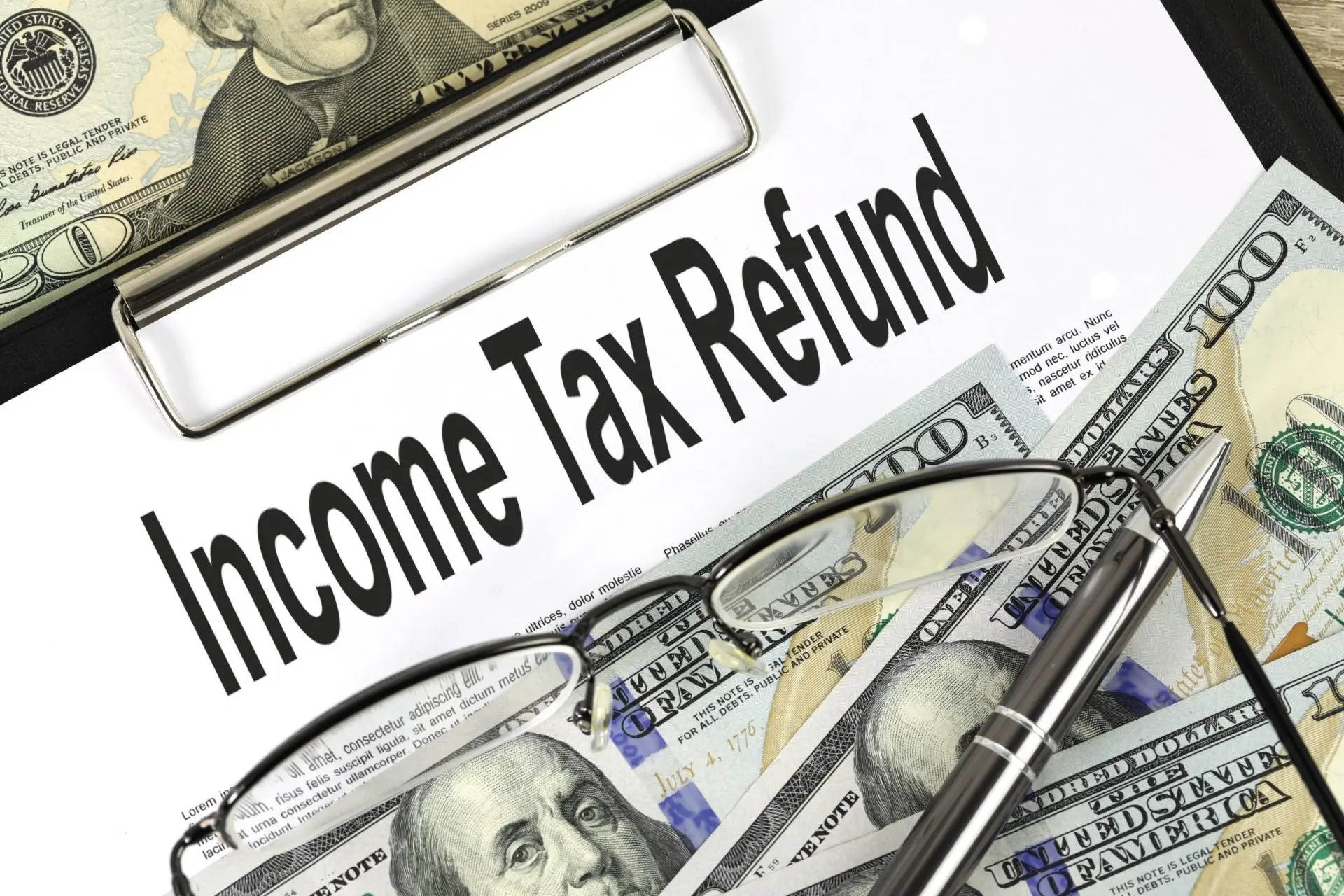
Credit Repair: Navigating Collections Accounts
Impact on Credit Score
Once the seven-year timeframe elapses, potential credit score improvement is possible, contingent on positive credit-related activities. However, updates to credit bureau records may not be immediate; caution is advised near the seven-year mark or beyond the statute of limitations to avoid inadvertently “re-aging” debts.
Rights and Responsibilities
Understanding your rights and responsibilities regarding debt, credit reporting, and statute of limitations is crucial. Seek guidance from financial advisors or attorneys specializing in consumer credit matters to navigate your specific situation.
Account Removal and Credit Impact
Paying off a collections account doesn’t automatically remove it from your credit report. It may linger for up to seven years from the date of the missed payment, but its impact diminishes over time, especially as you establish a positive credit history.
Tips for Managing Collection Accounts
Verify the Debt
Before paying, ensure the debt is accurate by requesting debt validation from the collection agency. If they fail to validate, you may not be obliged to pay.
Negotiate a “Pay for Delete” Agreement
While controversial, some attempt to negotiate a “pay for delete” agreement, where the agency removes the entry upon payment. However, credit reporting agencies may not widely accept this practice.
Consider a Partial Settlement
Collection agencies may accept a partial payment as a settlement. Note that your account might be marked as “settled” rather than “paid in full,” impacting future credit opportunities.
Impact of Paying Off Collections
Paying off collections accounts positively affects your credit profile, preventing legal actions, and halting the accumulation of fees. Unpaid debts can lead to lawsuits, wage garnishments, and liens.
Long-Term Credit Health
Improving credit health involves more than settling collections accounts. Focus on developing a positive credit history through bill payments, maintaining low credit card balances, avoiding unnecessary credit inquiries, and responsibly managing new credit accounts.
Frequently Asked Questions
Q1: Will paying off collections improve my credit score immediately?
A1: Immediate improvement isn’t guaranteed, but it has long-term positive effects, preventing fee accrual and earning favor with lenders.
Q2: Will a collections account disappear once settled?
A2: No, settling a collections account won’t remove it. It stays for up to seven years but will be labeled as paid or settled.
Q3: Is it advisable to pay off collections accounts?
A3: Yes, paying off collections accounts prevents fee accumulation, positively impacting financial well-being and demonstrating responsibility to creditors.
Q4: Can a collections account reappear after seven years?
A4: No, it should be permanently removed. Any reappearance beyond seven years can be disputed with credit reporting agencies.
Conclusion
While settling collections accounts may initially impact your credit score, it offers substantial long-term advantages. It demonstrates responsibility, prevents fee accumulation, and signals to creditors that you’re proactive in managing obligations. Patience, diligence, and strategic credit management are key to effectively navigate the challenging terrain of collections accounts. Remember, paying off collections is one step in the broader context of credit management and overall financial well-being.
Table of Contents
Get Your Credit Repaired With credit-repair.com
Google Review:
or
WHY CHOOSE US
We also would counsel you on real, legal, and ethical credit repair for clients rebuilding their life and credit ratings after hardship. Achieving financial freedom is the ultimate dream allowing you to live the life you want to enjoy. Get the help of a professional credit repair company by contacting us.
Our credit restoration services are tailored to your unique situation, and we never make you pay for anything you don’t need. When you sign up for either our Essentials or Essentials Plus packages, you can rest assured that you’ll be receiving the bare minimum of care necessary for your specific situation. You can opt for additional customization options to further tailor our offerings to your specifications. In this manner, you won’t overpay for perks you don’t use. This is the essence of adaptability.
